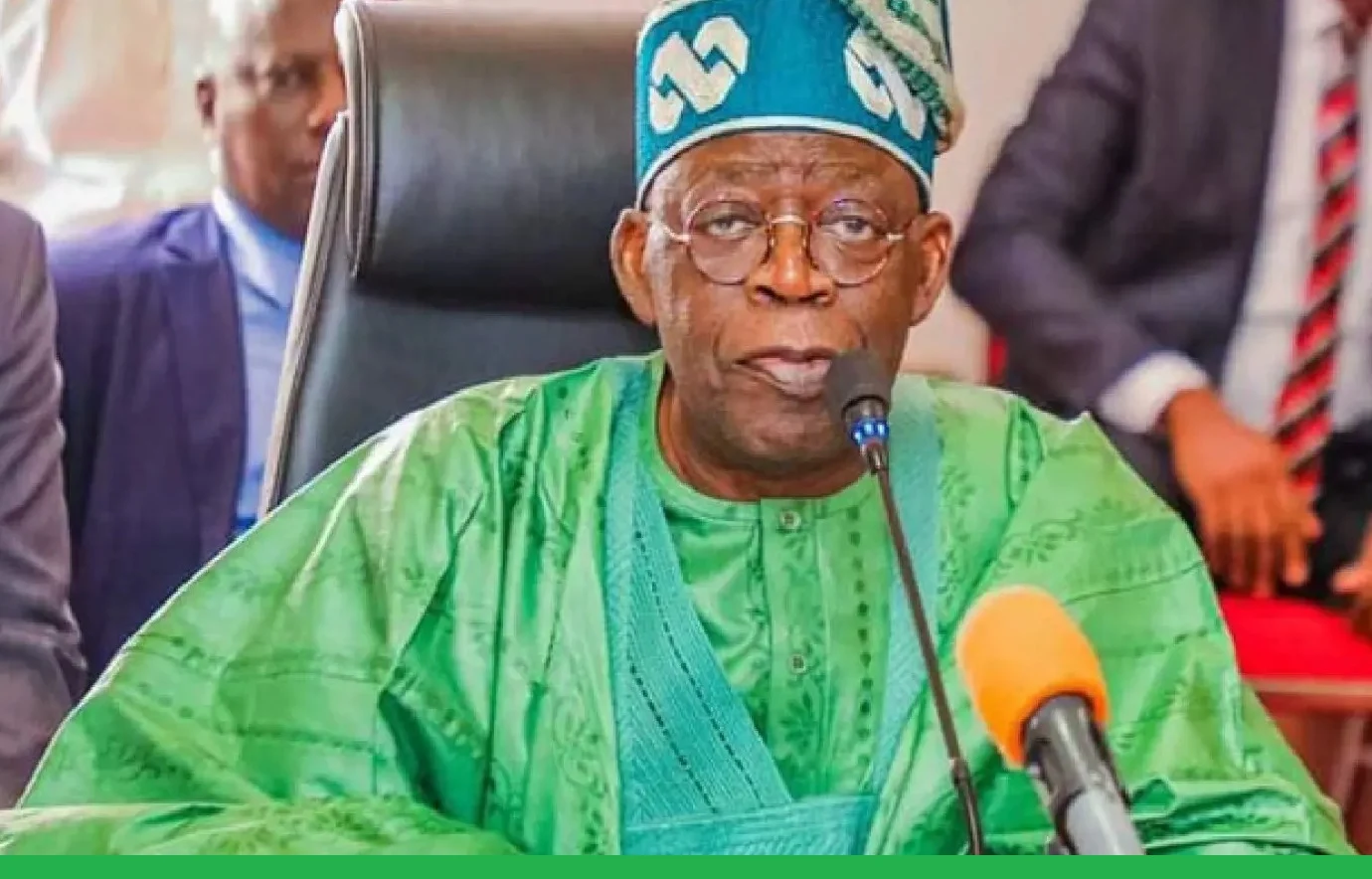President Bola Tinubu is set to visit Benue State on Wednesday, June 18, 2025, following the horrific killing of over 200 villagers by suspected herdsmen in the Yelewata community, Guma Local Government Area. The President rescheduled his appointments to pay a condolence visit in the wake of last Friday’s massacre, which has been described as the deadliest in Benue’s recent history.
Despite the visit, many Nigerians have criticized President Tinubu for the delayed response and his earlier call for reconciliation meetings between the warring parties, which some view as inadequate given the scale of the violence. The attacks have not been confined to Benue; a fresh wave of deadly assaults by armed herdsmen has spread to parts of Enugu and Abia states, causing widespread fear and anxiety among residents.
In Enugu State, communities such as Aguamede in Eha-Amufu, Isi-Uzo Local Government Area, have been attacked, with reports of over 10 people killed in a brutal machete assault. Eyewitnesses claim the attackers were dropped by a helicopter and struck silently before opening fire. Similar attacks have occurred in Mbuji Eha-Amufu and Uzo-Uwani Local Government Area, with at least 123 deaths recorded in Eha-Amufu alone between 2017 and 2022.
Abia State has also experienced violent incursions, notably in Umunneochi and Isuikwuato local government areas, where armed herdsmen killed several residents and set homes ablaze. The state government confirmed these security breaches and has placed security agencies on full alert to tackle the situation.
The escalating violence has overwhelmed local vigilantes and forced many villagers to flee for safety. Human rights advocates, including former UN Special Rapporteur Prof. Joy Ezeilo, have called on the federal government to act decisively to restore peace and ensure justice for the victims. Ezeilo emphasized that “every Nigerian’s life matters” and demanded transparent investigations into the attacks.
Security experts view President Tinubu’s visit as a political gesture aimed at reducing tensions in Benue State, which is currently fraught with political factionalism alongside the security crisis. However, they stress the urgent need for an effective security strategy to address the root causes of the violence and prevent further bloodshed.
The recent spate of attacks underscores the deepening insecurity in Nigeria’s Middle Belt and southeastern regions, highlighting the urgent requirement for coordinated federal and state responses to protect vulnerable communities and restore lasting peace.

